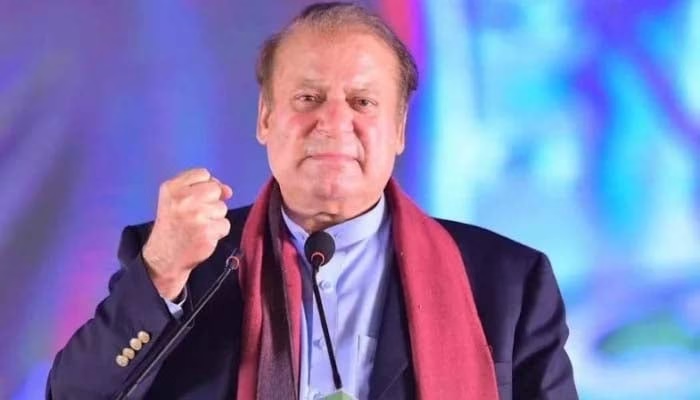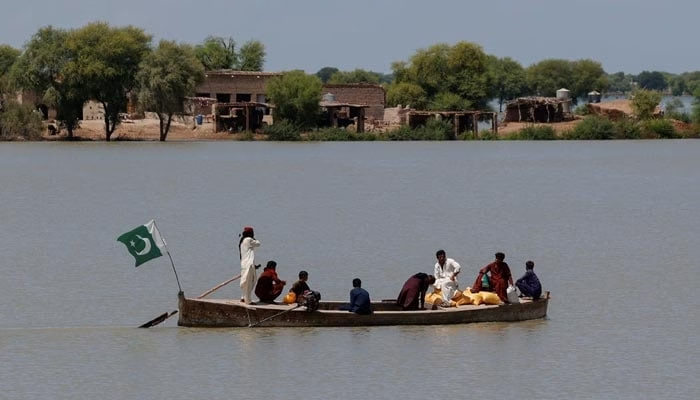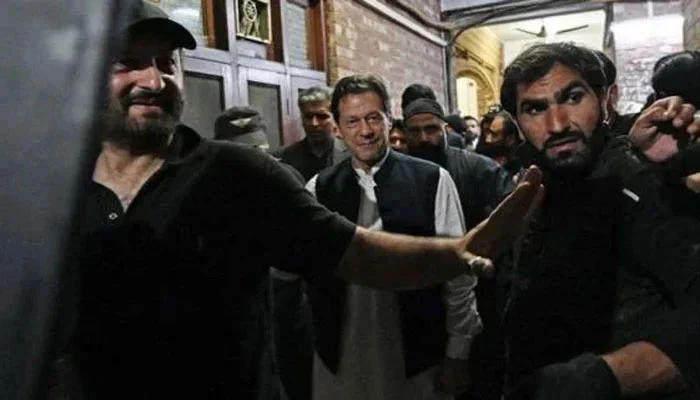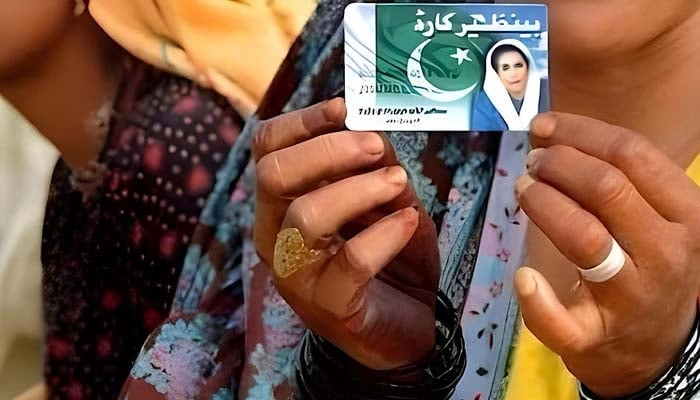After years away from the national political stage, former Prime Minister Nawaz Sharif has officially returned, reigniting political activity across Pakistan. His re-entry marks a major development in the country’s political landscape, as he now begins preparations for a nationwide series of rallies and public processions, starting from Punjab, the political heartland of Pakistan.
Nawaz Sharif’s political comeback has been a topic of intense speculation over the past few months. With mounting public and party pressure, his return was inevitable. Now that it’s official, the Pakistan Muslim League-Nawaz (PML-N) leader is preparing to reconnect with the masses through large-scale events aimed at both public outreach and political mobilization ahead of future elections.
The former prime minister’s political campaign will initially focus on Punjab, where PML-N has traditionally held a strong support base. The rallies are expected to address not only the party’s vision for economic revival and governance reforms but also to respond to recent developments and criticisms from rival political factions.
In addition to this renewed political push, Nawaz Sharif is also showing a renewed focus on national unity and addressing long-standing regional issues. A significant highlight of his comeback was a recent meeting with former Chief Minister of Balochistan, Dr. Abdul Malik Baloch, in Lahore. The two leaders reportedly discussed the deep-rooted challenges faced by the people of Balochistan, ranging from economic deprivation and lack of infrastructure to political underrepresentation and security concerns.
During the meeting, Dr. Abdul Malik Baloch requested Nawaz Sharif to use his political influence to bring attention to the plight of Balochistan and help find meaningful solutions. Nawaz Sharif assured him that he is fully prepared to play his political and democratic role in addressing Balochistan’s grievances.
This development is being seen as a positive gesture towards national integration, particularly in a time when provincial disparities remain a major concern. Political analysts believe that Nawaz Sharif’s willingness to engage with Baloch leaders could lead to stronger federal-provincial coordination and potential policy reforms aimed at uplifting underdeveloped regions.
Nawaz Sharif’s past tenure saw the initiation of several major projects in Balochistan, including infrastructure and energy initiatives under the China-Pakistan Economic Corridor (CPEC) framework. However, many of these efforts were criticized for not directly benefiting local populations. Now, his renewed pledge to Balochistan is being closely watched by both critics and supporters.
As Nawaz Sharif begins to rebuild his public image and political influence, the country braces for a potentially heated political season. His return could shift the balance of power, especially if PML-N succeeds in regaining its foothold in Punjab and expands its reach to other provinces through renewed alliances and outreach programs.
Moreover, the party is expected to capitalize on Nawaz Sharif’s legacy of economic stability, infrastructure development, and foreign policy experience—narratives that PML-N has traditionally used to strengthen its position against political rivals.
On the other hand, opposition parties are preparing to counter this political resurgence by pointing toward past controversies, legal battles, and allegations surrounding Nawaz Sharif’s previous governments. The coming months are expected to witness an intensification of political activity, social media campaigns, and public debates as parties position themselves for influence.
However, one thing is clear: Nawaz Sharif’s re-entry into active politics is no longer just speculation—it’s a reality that is already beginning to shape political conversations across Pakistan. His decision to start from Punjab and engage Balochistan at the onset reflects a strategic and inclusive approach to national politics.
His actions in the coming weeks—especially how he addresses regional concerns, economic policy, and political alliances—will determine whether his comeback leads to renewed support or political pushback.
For now, the former Prime Minister appears determined to reconnect with the people, rebuild trust, and leave behind a legacy of unity, progress, and democratic engagement.



